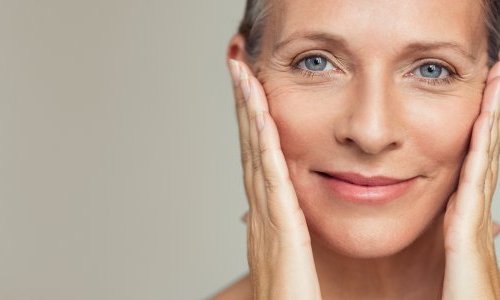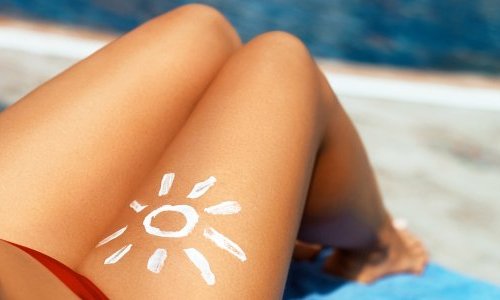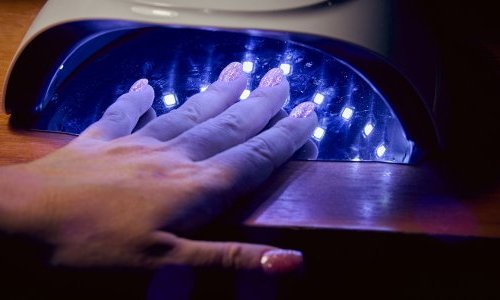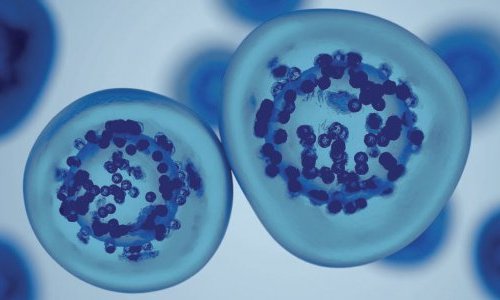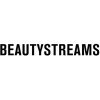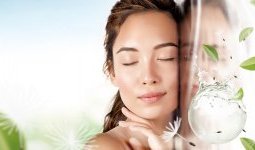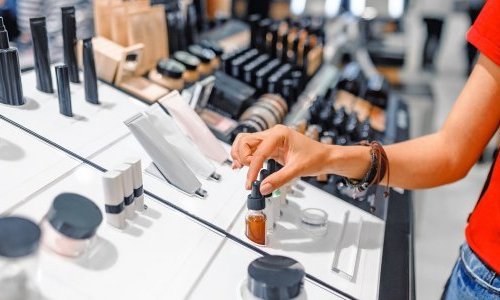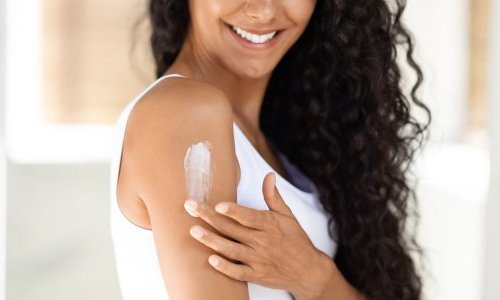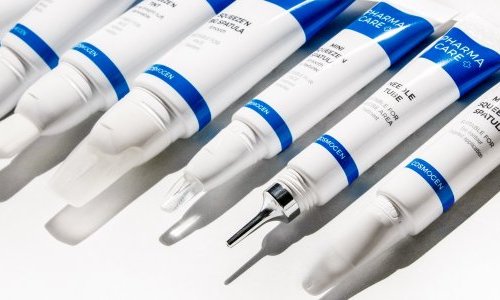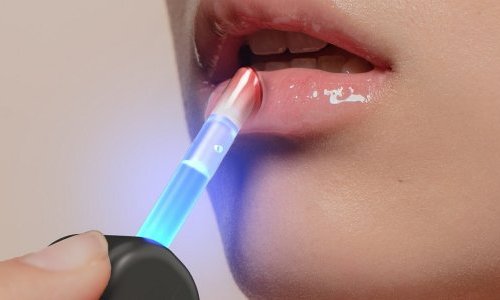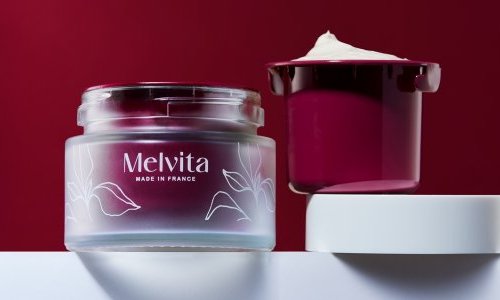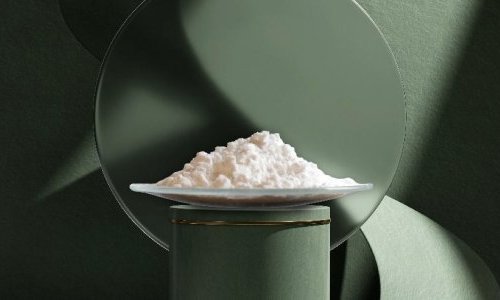Found in soaps, shower gels, toothpaste, deodorants, mouthwash, moisturizing creams, anti-acne products, shaving creams and more, triclosan is a synthetic antibacterial agent used in all kinds of personal hygiene products since the 1980s. The use of triclosan is so widespread that traces of the substance are found in most people’s urine. In fact, a study carried out between 2003 and 2004 in the USA found triclosan present in urine samples from 75% of individuals tested.
Years of controversies
The impact of the substance on human health has been a subject of controversy for many years. Suspected to be an endocrine disruptor, triclosan has also been suspected to contribute to antimicrobial resistance or have an adverse effect on the human microbiome and also to increase allergies.
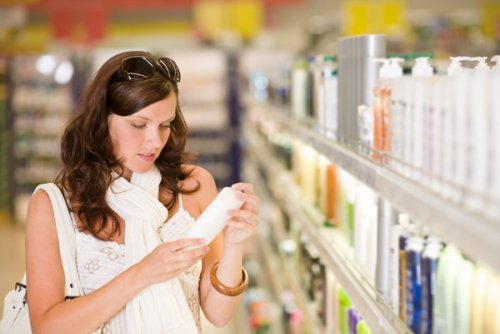
Triclosan exposure from personal hygiene products had little significant effect on oral and intestinal flora, the study found. - photo : © CandyBox Images / Shutterstock.com
In 2014, the European Commission banned the use of triclosan in all shaving products, such as foams, as of October 30 that year. This kind of product was considered a particular risk, since small cuts to the skin’s surface could allow triclosan to enter the body more easily. In 2013, the US Food and Drug Administration asked manufacturers of soaps and washes containing triclosan to provide evidence proving the effectiveness and safety of their products, widely used in the USA and elsewhere.
New research
American researchers [1] have now found that a group of people exposed to triclosan through day-to-day personal hygiene products suffered no damage to their intestinal microbiota or endocrine system. The findings contradict the conclusions of previous studies on mice, dating from 2012, that pointed to harmful effects on the reproductive and endocrine systems, as well as the muscular and immune systems, with respiratory and food allergies. The substance’s role in increasing antibiotic resistance was also highlighted.
"There are a lot of people who are fearful of triclosan, but we didn’t find anything to support that concern in our study," said principal study investigator Julie Parsonnet, MD, George Deforest Barnett Professor in Medicine and Professor of Health Research and Policy, Stanford School of Medicine. "When you throw most antibiotics into humans, they are an atom bomb on the microbiota, but we found that when people are exposed to triclosan through normal household products, it does not cause a major blow to our microbial ecosystems."
The new study saw 13 healthy participants randomly asked to use personal hygiene products that either contained triclosan or did not contain triclosan for four months. After this initial phase, participants switched over to the alternative group for four additional months. Blood, stool, urine and oral samples were taken and their microbiome composition analyzed.
Although triclosan was massively present in participants’ urine during the period where they were using products containing the substance, there was very little change in their intestinal and oral flora, and there was no significant impact on endocrine or metabolic markers.
Though this study was limited by the small sample size and imprecise administration of household and personal care products, the authors say that triclosan at physiologic levels from exposure to these products does not appear to have a significant or important impact on human oral or gut microbiome structure or on a panel of metabolic markers.
To read the study: mSphere

